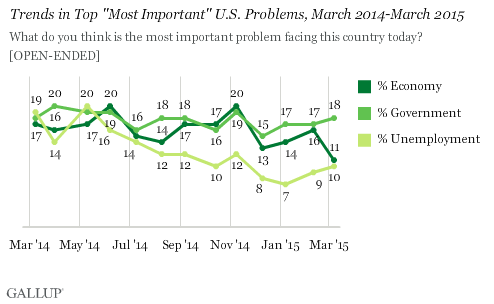Christopher Columbus’ arrival in the “new world” in 1492 marked the start of an epoch of mass death. An estimated 50 million inhabitants of North, Central, and South America died between that date and the mid 1600s, from warfare, enslavement and the rapid spread of European disease among the native populations — who had no community-ingrained immunity. The scale of human obliteration was so massive that it ushered in a shift in the makeup of atmosphere, leading scientists to propose that 1610 be recognized as the beginning of the Anthropocene — the moment when humans began to alter Earth’s processes.
In a paper published in the journal Nature this month, scientist point out that in 1610, the dramatic drop in population allowed about 65 million hectares of farmed land in the Americas to return to forest. The growth of so many trees all at once sequestered enough carbon dioxide to cause a measurable difference in the atmosphere. The world momentarily became cooler.
“Historically, the collision of the Old and New Worlds marks the beginning of […]
SAN DIEGO — Common chemicals that disrupt human hormones could be costing more than €150bn ($165.4bn; £108.5bn) a year in damage to human health in Europe, a series of studies claims.
The data suggests the high economic impact of chemicals in pesticides, plastics and flame retardants.
The team, led by New York University, said the estimates were conservative.
However, experts cautioned the findings were “informed speculation” and called for more detailed research.
The data was presented at the annual meeting of the Endocrinology Society.
Endocrine-disrupting chemicals (EDCs) can be physically similar to the hormones that naturally control our body’s physiology so mimic their function. They can also block the function of hormones.
They have been linked with declining sperm counts, some cancers, impaired intelligence, obesity and diabetes. The main concern surrounds their impact during early development.
The authors of the study argued that limiting exposure would have significant benefits.
‘There is uncertainty’
In the EU, one of the most famous disrupting chemicals, bisphenol A (BPA), has been banned […]
WASHINGTON, D.C. — Americans continue to name the government (18%) as the most important U.S. problem, a distinction it has had for the past four months. Americans’ mentions of the economy as the top problem (11%) dropped this month, leaving it tied with jobs (10%) for second place.

Though issues such as terrorism, healthcare, race relations and immigration have emerged among the top problems in recent polls, government, the economy and unemployment have been the dominant problems listed by Americans for more than a year.
The latest results are from a March 5-8 Gallup poll of 1,025 American adults.
While the ranking of the top two problems is similar to what Gallup found in February, mentions of the economy dropped from 16% to the current 11%. In a separate measure, Americans’ confidence in the economy had been dipping further into negative territory in late February and early March, but has been improving in recent days.
The state of U.S. healthcare also became less of a problem to Americans in March, as 7% mention it this month, compared with 10% in February.




![Most Commonly [...]
</p>
<div class=](http://content.gallup.com/origin/gallupinc/GallupSpaces/Production/Cms/POLL/pm7sqx2akuocbruzcjlhwa.png)










